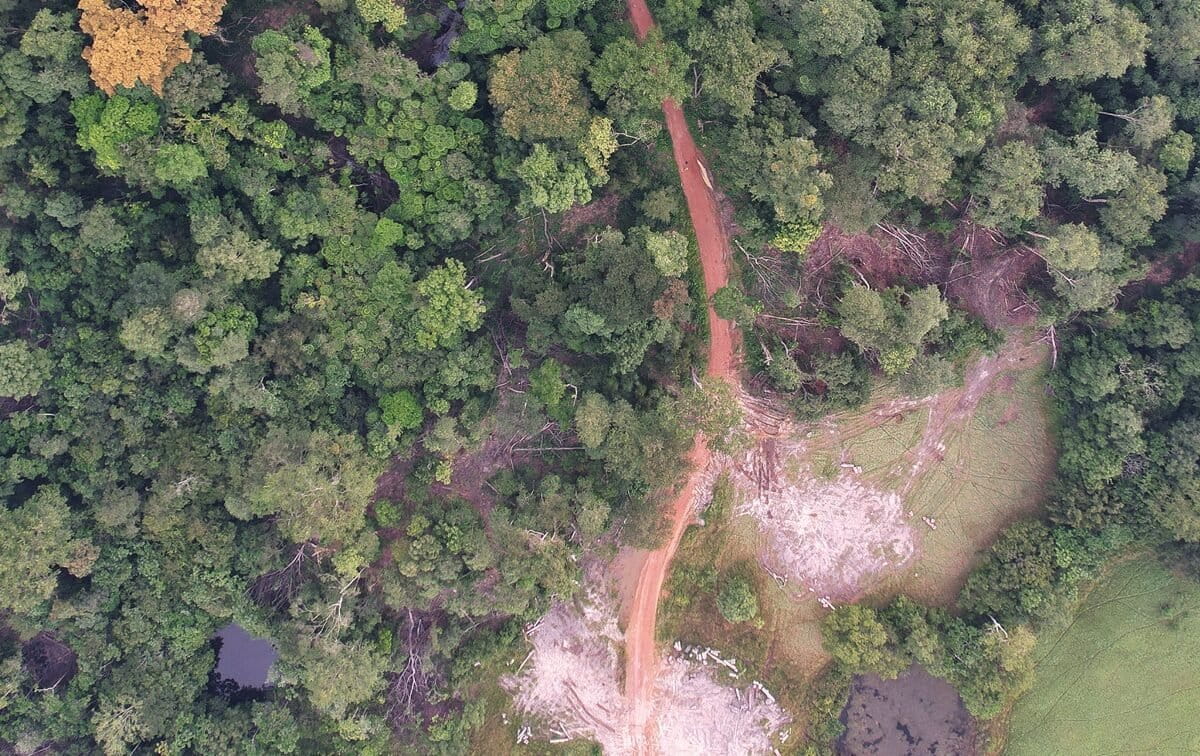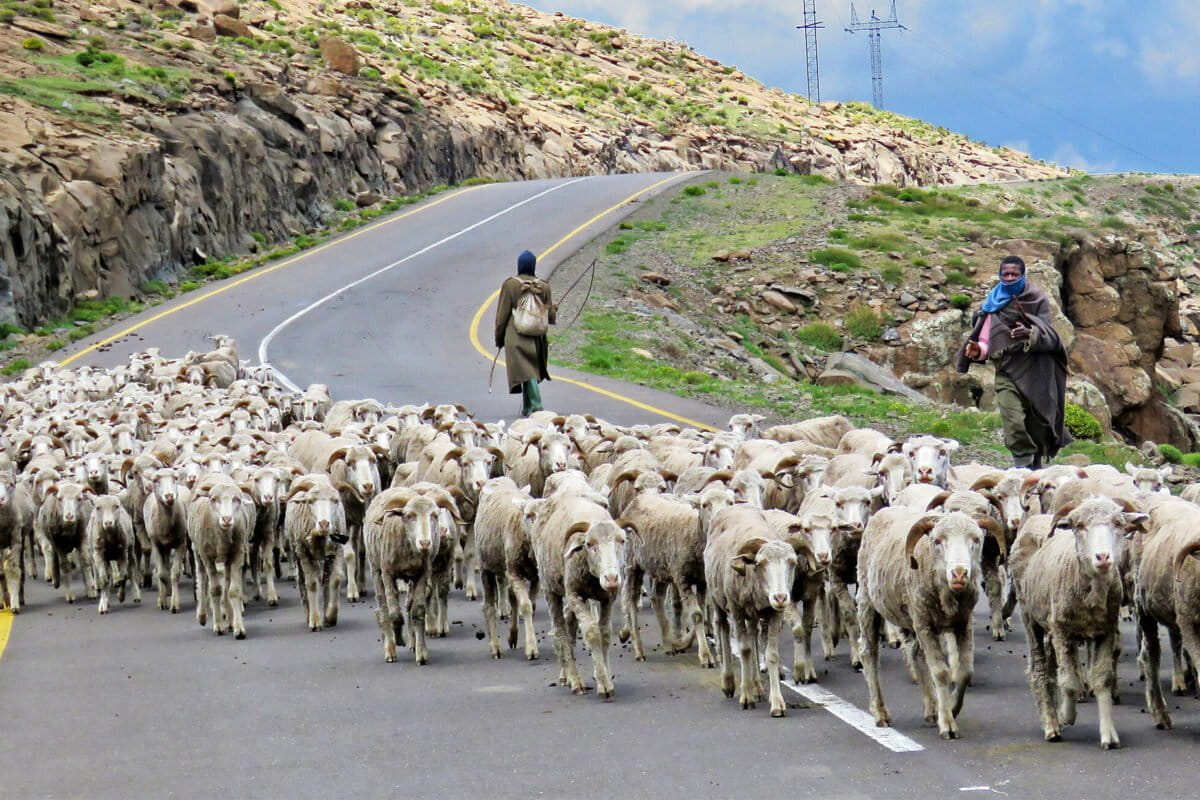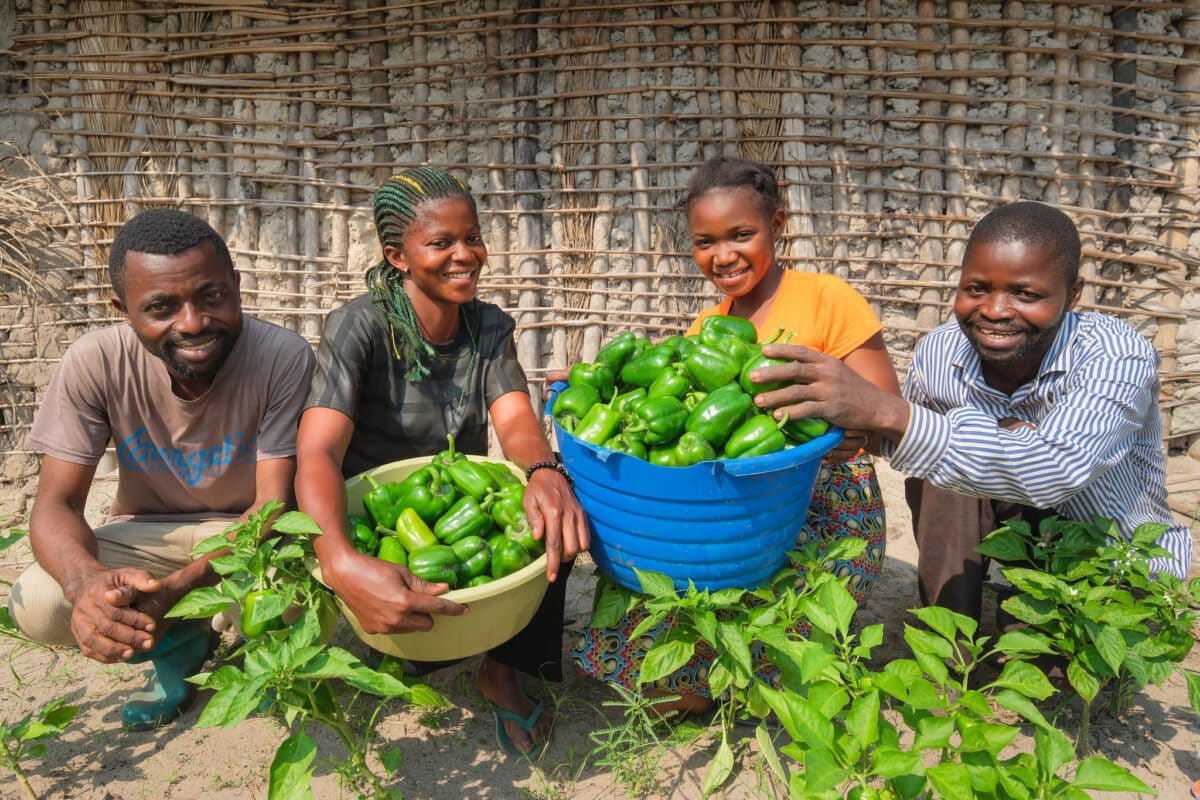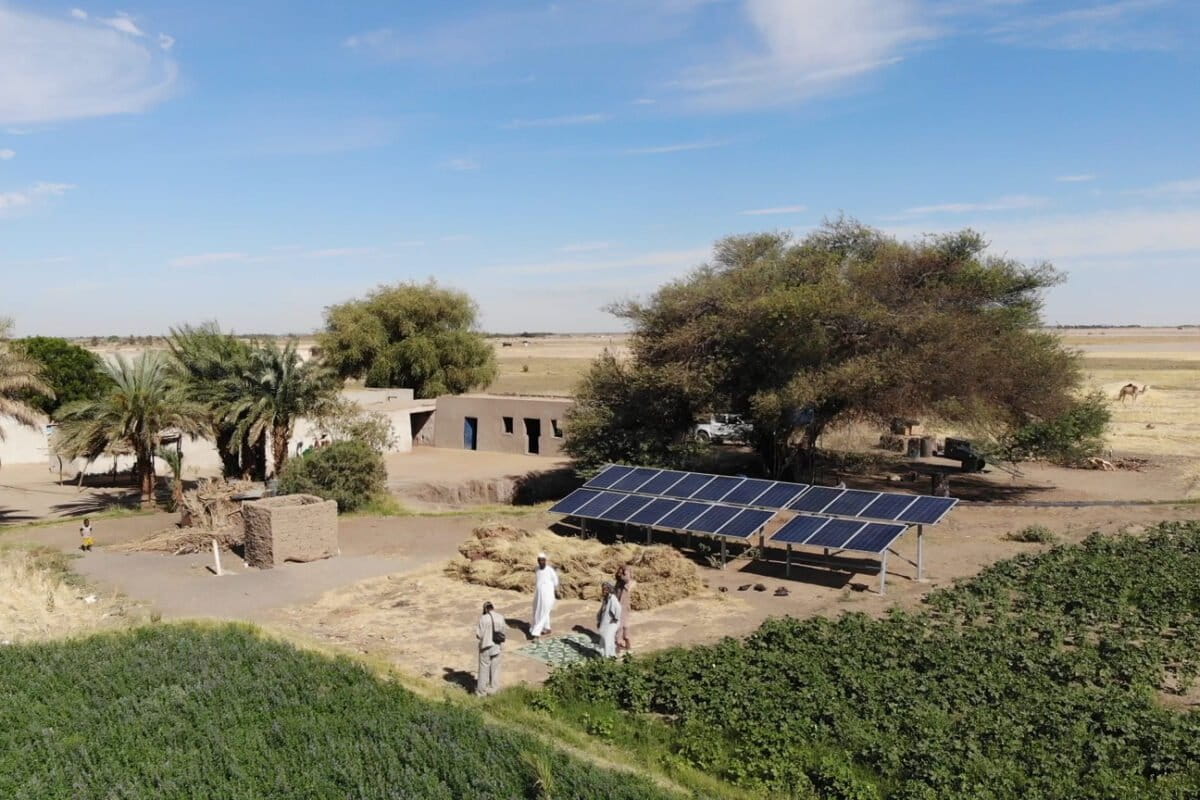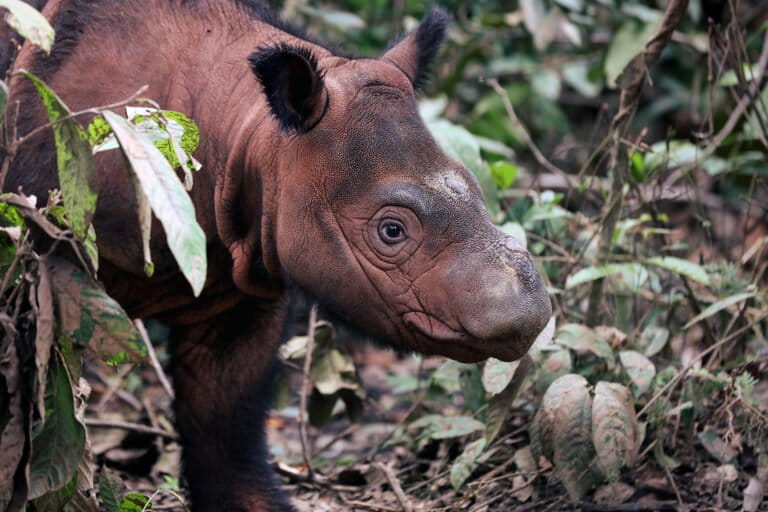- The seminomadic Suku Anak Dalam Indigenous people have lived in two areas of what is now Jambi province on Indonesia’s Sumatra island for generations, but an influx of plantation interests has shrunk the customary territory available to their society.
- More than 2,000 Suku Anak Dalam have lost their land to oil palm and rubber plantations, which have also led to a loss of the native trees from which community members collect forest honey to sell.
- Several Suku Anak Dalam interviewees said state-owned rubber plantation company PT Alam Lestari Nusantara had failed to properly compensate them for their land.
- The company did not respond to several requests for comment.
SEPINTUN, Indonesia — Past generations of Dahwas’s family lived off the food and fuel growing all around them, traversing Sumatra’s forest unobstructed whenever cultural norms required the seminomadic Suku Anak Dalam people to seek out a fresh location.
Dahwas has lived with his seven children inside the forest here in Indonesia’s Jambi province his entire life, but in recent decades the land available to the Suku Anak Dalam has been shrinking.
“We have been living here for 13 years,” Dahwas told Mongabay Indonesia, as he pointed to nearby fruit trees and the family cemetery.
Around half of the Suku Anak Dalam, perhaps as many as 2,500 people, have lost their customary territory to plantation firms, according to KKI Warsi, a Sumatra-based NGO that advocates for the community. Among the companies is PT Alam Lestari Nusantara (ALN), an Indonesian state-owned firm that manages rubber plantations. It has a permit to manage 10,785 hectares (26,650 aces) of land here in Sepintun village, and sells the latex to a local processor owned by Thailand-based Sri Trang Group, one of the world’s biggest suppliers of natural rubber.
In 2016, according to Dahwas, an ALN representative visited his family and asked them to relinquish their claim to the land. Someone claiming to own the land had already sold it, all 70 hectares (173 acres), to the company without Dahwas’s knowledge. Now, the ALN representative was asking him to vacate it and, in a goodwill gesture, offering to build him a new house and pay him a lifetime monthly allowance.
Dahwas took up the offer, but the allowance stopped after the first three months, and the house never materialized. “I was lied to,” he said.
When he complained to the company, according to Dahwas, it denied any knowledge of the offer made by the representative; Dahwas, who is illiterate, hadn’t signed any kind of written agreement. In protest, Dahwas and his family in 2020 occupied another parcel of land, measuring 35 hectares (86 acres), that his older brother had sold to ALN, and claimed it as compensation for the land he had lost four years earlier.
That provoked a flurry of visits from ALN officials demanding he give up his claim. On the third visit, in September last year, Dahwas finally relented and signed an agreement — under duress, according to his wife, Aini, who said she feared he would be arrested.
“If he wasn’t there, they would have arrested the children,” she said.

What the couple didn’t know at the time, given that neither could read, was that they’d signed an agreement waiving all land claims against ALN and bonding themselves to the company as rubber tappers for a minimum monthly wage of 2.6 million rupiah ($170) each.
The agreement, “valid for life,” required the couple to only sell their rubber to ALN, at a fixed price that’s up to less than a third of what Dahwas said he can get by selling to outside middlemen.
“Now, instead of collecting money, we collect debt,” he said.
A history of imposition
For most of the 20th century, the forest-dwelling Suku Anak Dalam were self-sufficient and had minimal contact with outsiders, anthropologists say.
However, this isolation unraveled rapidly after the Indonesian state issued industrial plantation permits to palm oil and rubber companies. More than 2,000 people were made homeless as bulldozers moved in to clear-cut thousands of hectares of forest, leaving many Suku Anak Dalam to resort to begging for money in nearby settlements.
In the 2010s, Indonesia’s social affairs ministry pledged to build dozens of “modern” homes for Suku Anak Dalam families in Sepintun.
However, Mongabay Indonesia’s reporting in 2018 found government efforts to settle the population failed, owing to the community’s seminomadic cultural practices; under Suku Anak Dalam custom, for example, groups living together will move to a new location in the interior when a tribe member dies.
Like many Indigenous communities that now combine traditional life in the forest with frequent outside contacts, the Suku Anak Dalam face acute risks from outbreaks of disease: in 2017 at least 47 members of the group were treated in hospitals in Jambi province after contracting measles.


Rubber barons
Like Dahwas, Mugiono, 60, is also claiming payment for land that’s now part of ALN’s concession. Of the 250 hectares (618 acres) that he acquired from another Suku Anak Dalam community member in 2012 — traded for 12 motorbikes — he’s only received compensation for 86 hectares (213 acres), he says. The company has also paid for another 76.5 hectares (189 acres) — but to other people.
“I looked at the map, and there were other people’s names on the land,” Mugiono said. “That means the company paid the wrong people.”
Around that time, in 2013, Jailani was the head of the local neighborhood unit, the village official charged with updating property records, among other administrative duties. When ALN came surveying, he said, they didn’t seek him out.
“They overlooked the [neighborhood head],” he said. “So there were a lot of mistaken payouts, including for Mugiono’s land.”
As far as the company is concerned, however, it has paid out for most of Mugiono’s land. There’s still nearly 90 hectares (220 acres) left uncompensated for, but Mugiono said the company continues to hold out. It says that that part of its concession is now part of a conservation unit.
“Whether it’s a conservation unit or a rubber plantation is their problem,” Mugiono said, adding that ALN should still pay him for his land.
“Up until now ALN has made only promises,” he said. Each time he meets a company official, it’s always a new person who’s unaware of the decade-long dispute, he said.

Dragon’s blood and honey
Thousands of hectares within the Sepintun village boundary today stand as rubber plantations operated by ALN and other companies.
These plantations have almost entirely displaced the native fruit and resin trees that the Suku Anak Dalam rely on as nesting sites for bees. The community’s small cash economy selling forest honey in nearby supply chains has been in recession for years.
Other valuable forest products, like dragon’s blood resin or jernang, used as coloring and to make incense, and sialang (Koompassia excelsa), one of the tallest tropical tree species and a favorite roost of giant honey bees, are in increasingly short supply owing to the clearing of land for rubber trees.
“The rattan and jernang have been cleared,” said Marhoni, who leads a local organization of honey sellers. “Many sialang trees were also cut down.”
Feri Irawan, director of Perkumpulan Hijau, an NGO that focuses on environmental issues in Jambi, said ALN’s presence in Sepintun has fomented conflict over several hundred hectares of land for which proper compensation still hasn’t been paid.

Mongabay Indonesia asked several managers at ALN to comment on allegations by Suku Anak Dalam families regarding missing payments. None responded to multiple requests for comment.
For Dahwas, the fight with the company isn’t over yet. He considers only half his claim settled: the 35 hectares that he occupied and eventually signed the agreement over. That still leaves another 35 hectares uncompensated for from the original 70 hectares that he lost.
“I don’t want to be lied to again,” he said. “I may get reckless.”
Banner image: A worker at a rubber plantation at PT Alam Lestari Nusantara. Image by Rubber tapping workers at PL ALN. Image by Teguh Suprayitno/Mongabay Indonesia.
This story was reported by Mongabay’s Indonesia team and first published here on our Indonesian site on April 19, 2024.
Sumatra Indigenous community displaced by Samsung palm oil unit await justice


